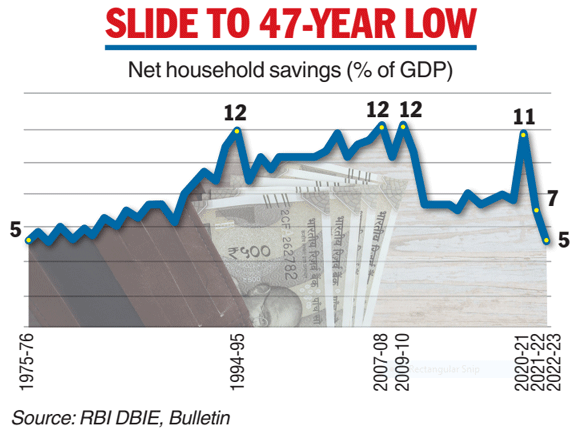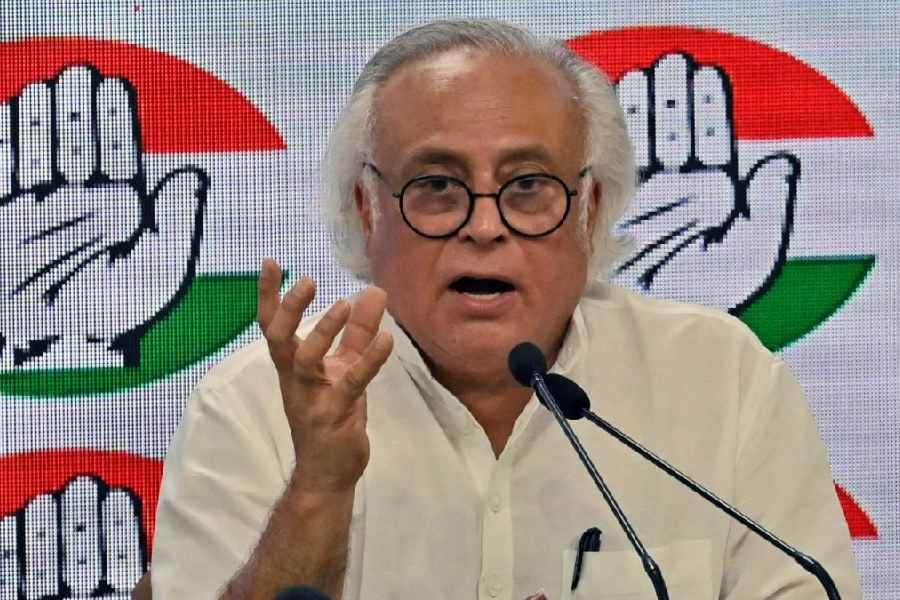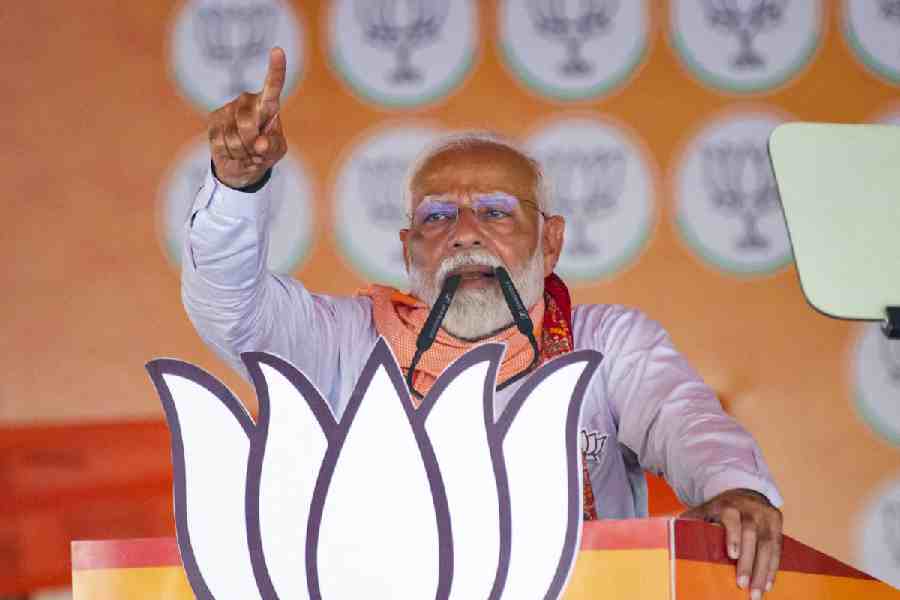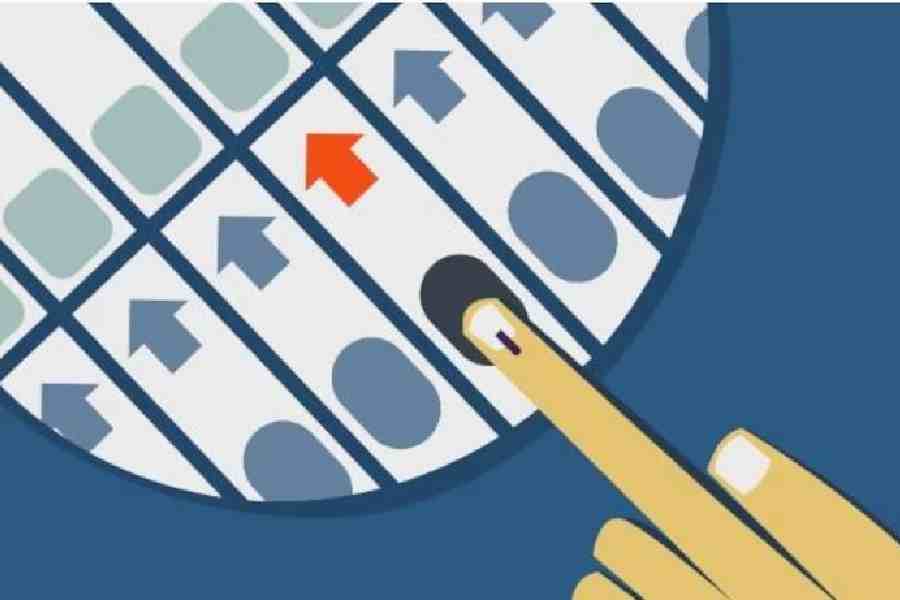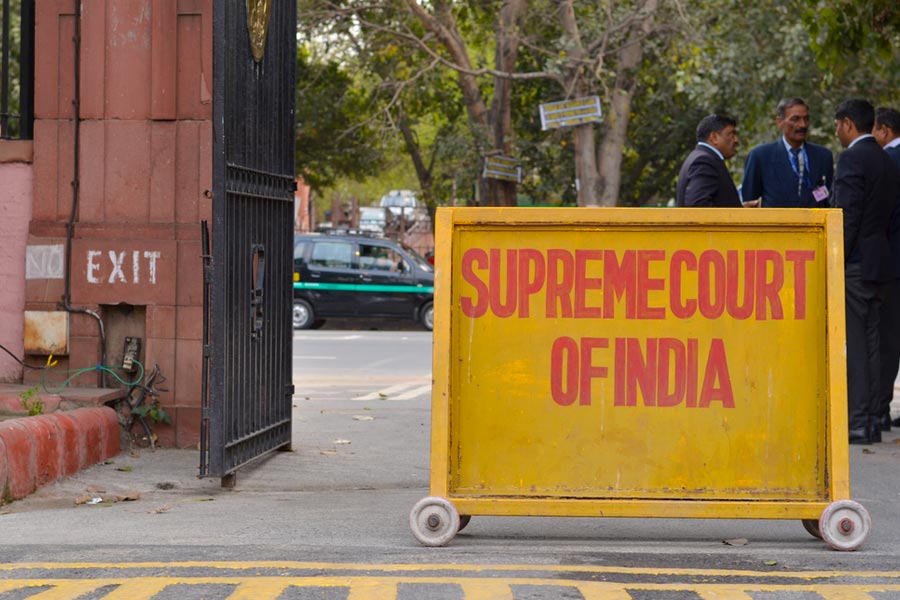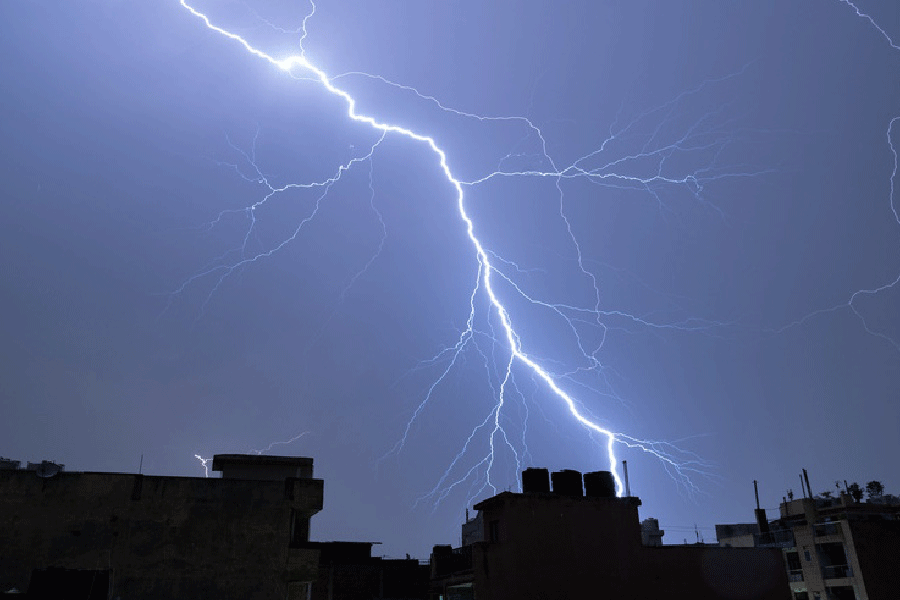The Congress has slammed the Narendra Modi government for mismanaging the economy and buttressed its charge by latching on to data put out by the Reserve Bank of India in its monthly bulletins for September and October to show how the savings growth rate in the country has tumbled to a 47-year low, and indiscriminate personal loans given by banks has left industry starved of funds.
“A major reason for the low savings growth is that there was a huge spike in household liabilities,” Congress general secretary Jairam Ramesh said. This was reflected in the September bulletin, which showed a “23 per cent spike in gold loans and a 29 per cent spike in personal loans”.
The October bulletin reconfirmed the indebtedness of households. “Personal loans were the single largest contributor to bank credit growth in August and grew at a massive 23 per cent while gold loans grew 22 per cent,” Ramesh said.
“Non-housing personal loans have been growing at over 20 per cent — something that has never happened in at least 15 years,” the Congress MP added.
Alarm bells
The surge in unsecured personal loans has set off alarm bells in the RBI as well. RBI governor Shaktikanta Das said recently that the central bank was closely monitoring some fast-growing personal loan categories because of the looming risk of a spate of bad loans.
In the October bulletin, the RBI governor wrote: “Certain components of personal loans are… recording very high growth. These are being closely monitored by the Reserve Bank for any signs of incipient stress. Banks and NBFCs would be well advised to strengthen their internal surveillance mechanisms, address the build-up of risks, if any, and institute suitable safeguards in their own interest.”
Ramesh said the surge in personal loans meant that industry did not have the funds to invest in businesses — in effect, slowing down economic growth.
Credit to industry grew by a modest 6.1 per cent year on year in August “almost half of what it was last year and only one-third the level in 2013”.
“Meanwhile, the share of bank credit to industry has been cut in half by the Modi government — from 46 per cent of non-food credit in 2013, to just 24 per cent in 2023,” Ramesh added.
Economists have also expressed deep concerns about floundering household savings.
India Ratings and Research’s principal economist, Sunil Sinha, said that households are leveraging themselves by borrowing funds. This directly impacts the investment cycle, given that private consumption demand accounts for 60 per cent of the country’s GDP.
“Household savings going down also has larger implications for the economy because a large part of the investment comes from households, who are the largest savers. If their savings start going down, then much less capital will be available for investment,” Sinha said.
“If household savings continue to dip, it will have an impact on overall funding and growth of the economy, and would lead to greater dependence on foreign capital to fund growth,” added Madhavi Arora, lead economist at Emkay Global.
Fiscal deficit
Ramesh also drew attention to the Modi government’s increasing fiscal profligacy.
“While the Prime Minister lectures others on ‘revdis’ and fiscal responsibility, the Modi government’s fiscal deficit is ballooning. It has grown by almost 20 per cent over the past year, to over Rs. 6.4 lakh crore in Q1 of 2023-24. The Modi government is incurring
debts that will weigh India down in the future, and to show a smaller deficit, is violating all principles of federalism by reducing tax transfers to states.”
Household savings play a critical role in the Indian economy as they are the principal means for financing the fiscal deficit. If household savings continue to languish at these levels, it may become increasingly challenging to fund the fiscal deficit, Motilal Oswal said.
